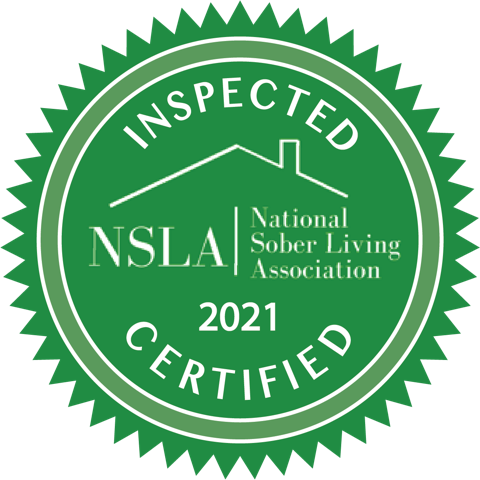There’s an old and dangerous idea that people with substance use disorder aren’t ready for help until they “hit bottom”—as in losing their jobs, savings, health and everything else of value. As a result, many people encounter serious personal and financial problems. The truth is, many people can and do get assistance and get their lives back on track before that level of damage is done. And as with any physical or mental illness, the prognosis is usually best when treatment begins in the early stages.
That said, many people do hit bottom before waking up to the fact that they need help. However, “bottom” doesn’t necessarily affect every area of life at once. The first area in which many people run out of options and excuses is the financial category.
When Your Finances Hit Rock Bottom
Of course, not everyone who hits “financial rock bottom” has addiction problems or even a casual substance-abuse habit: credit cards and careless spending are so common in the United States that the average citizen is already over six thousand dollars in debt. However, substance use disorder and major money problems often do co-occur, for several reasons:
- Buying drugs to feed an addiction costs money, and most people with drug dependencies spend sizable percentages of whatever they can earn, borrow or steal on the habit—often at the expense of legitimate financial needs.
- Drug use impairs mental function, often to the point people may not think about or even remember what they spend.
- People who have detoxed from physical addictions are vulnerable to developing “substitute addictions” such as compulsive spending. (People who have never had drug addiction problems may also develop spending or shopping addiction.)
What to Do About Financial Problems
Regardless of how you might have hit your own financial bottom, the first thing not to do is label the situation (and yourself) as hopeless—especially if that tempts you to drown your despair in intoxication or more spending. It’s never too late to start over financially. Here are some how-to hints:
- Get help from a financial counselor (many work with nonprofit organizations and provide services for free).
- Don’t treat debt as a problem that might go away if you ignore it. Contact everyone you owe, confess the details of your problem, and ask to discuss ways of finding the most effective repayment/settlement plan.
- Review your budget and eliminate all expenses that aren’t absolutely essential. (Cancelling cable and other subscriptions is often a good first step.)
- Consider ways to raise extra money—perhaps by selling some of the expensive impulse buys you never really needed—to help settle your debts faster.
If You Have Reached Financial Rock Bottom
For some people, climbing up from a financial bottom takes more than paying off debt and creating a sensible budget: as noted above, it’s possible to become addicted to spending, and powerless to overcome the problem through personal effort. If you suspect that’s your problem, there are 12-Step and other support groups—such as Debtors Anonymous—for peer-to-peer help staying “clean,” just as with chemical addiction.
Whatever else you do, remember that “hitting bottom” hasn’t defeated you unless you choose to just sit there. Get help for the immediate situation and whatever problems contributed to it, and get busy climbing out of that financial pit. A bright future is waiting for you!
Find Clarity at Still Waters
Even after you’ve sobered up physically through drug detox, it can be hard to even imagine reclaiming a life that still seems to be at bottom financially, vocationally and relationally. Without support and coaching on the long climb back up, it can be painfully easy to let discouragement tempt you back into old drug-use patterns. Our Still Waters program was designed especially for people who, for whatever reason, struggle with repeated addiction relapse or otherwise have difficulty finding a rehab program that works for them. Contact us to learn how our fellowship community can help you get out of the addiction trap (and overcome related struggles) for good.





